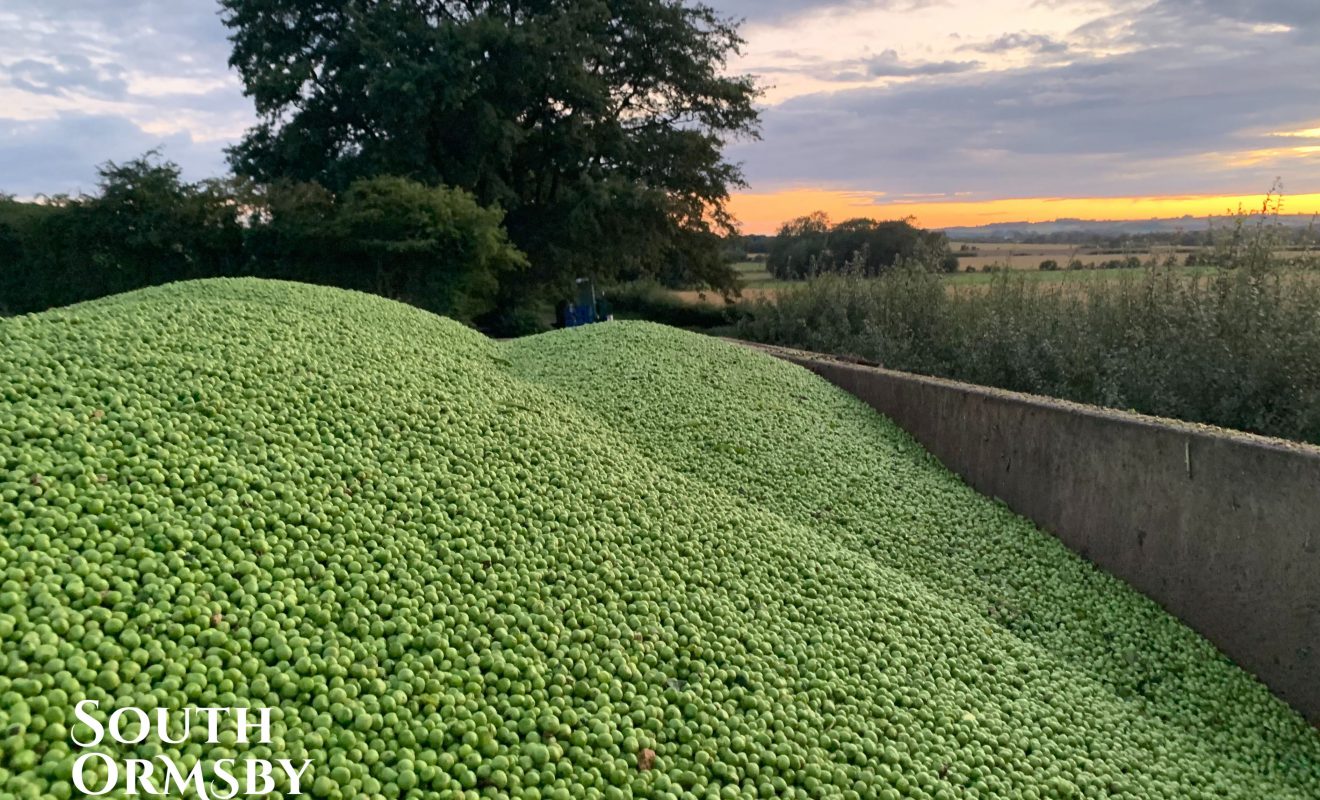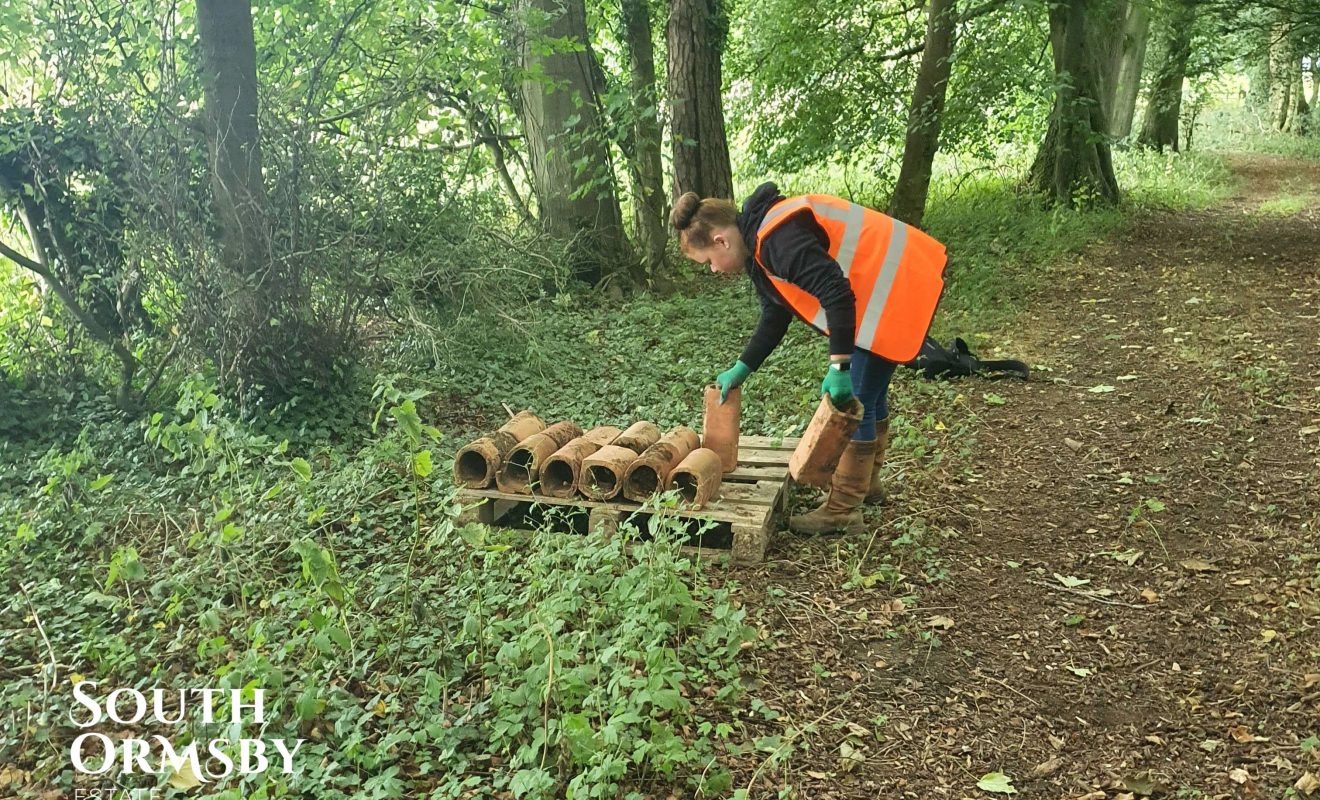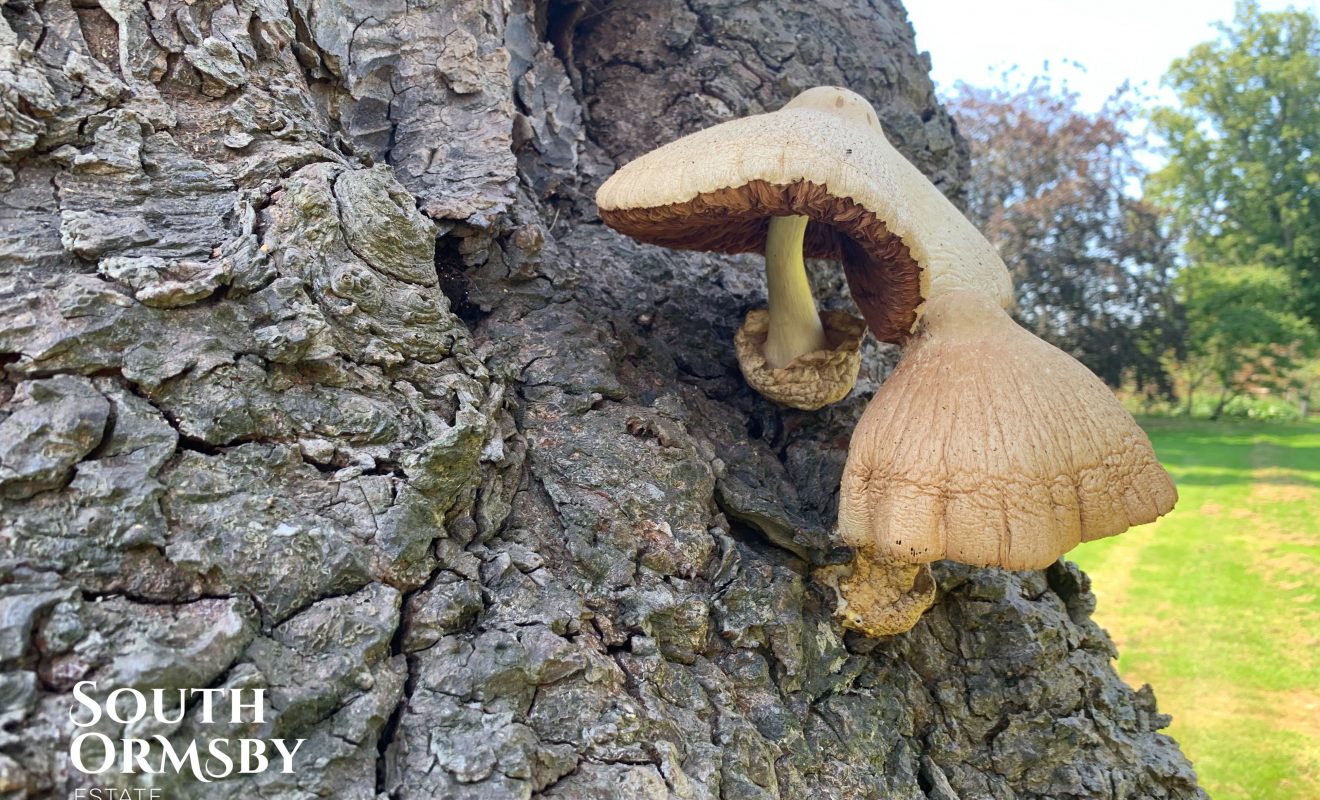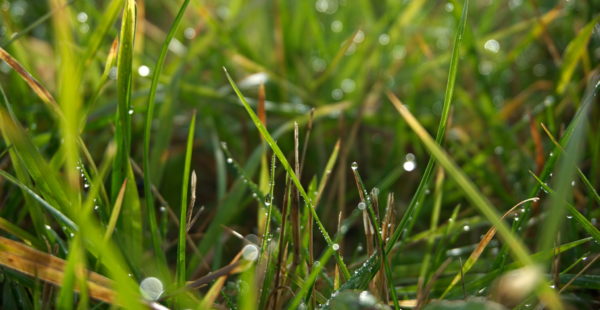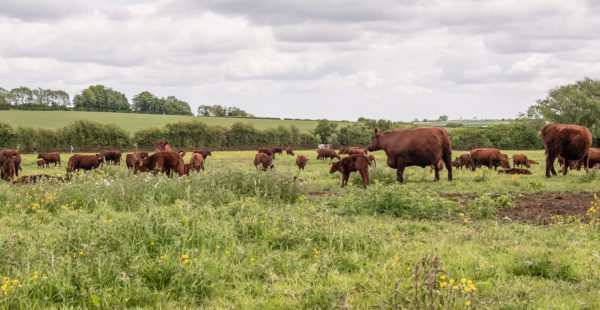A Week on the Estate: Pea Harvest, Enrichment Hour & Silky Rosegill
With the harvest well underway, we experienced another decisive change in the weather this week, with plenty of rain, a welcome 10C drop in temperature and the first intimations of autumn.
Harvest-time can mean long working days. The pea harvest got underway, with the first load coming off the field at 8.30pm on Tuesday. The viners worked through the night to finish the field then moved on to their next batch.


